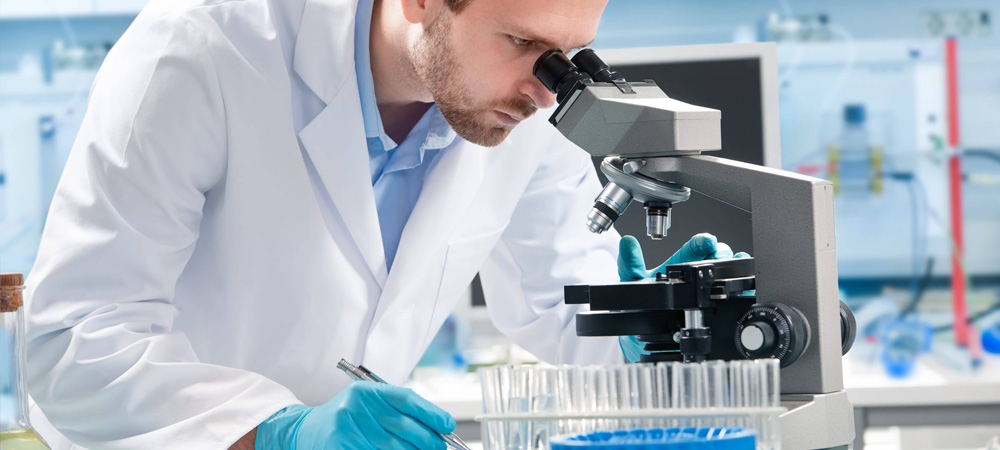
Benzene Testing in Drugs and Cosmetics
In the pharmaceutical and cosmetics formulations, benzene testing is an important
process to ensure the safety of the products. Benzene is a toxic substance that can
be present as an impurity in certain pharmaceutical products, such as solvents,
reagents, and active pharmaceutical ingredients.
Exposure to benzene can cause serious health problems, including cancer and other
diseases. Benzene testing is typically performed throughout the manufacturing
process, from raw materials to finished products. In the case of cosmetics, benzene
can be found as a contaminant in ingredients such as fragrances, solvents, and
colorants. Similarly, in drugs, benzene can be present as an impurity in active
pharmaceutical ingredients and excipients.
Benzene found in products of popular brands
- Benzene has been found in consumer products like sunscreen, after-sun care lotions, and hand sanitizers. Popular brands were identified recently as having harmful levels of benzene in their aerosol sunscreens after testing resulting in voluntary recalls. Multiple brands of hand sanitizer have also been identified with levels of benzene beyond 2 ppm described as safe by the FDA, as well as personal care products like spray deodorants.
- The results of the testing are reviewed by quality control personnel and management to ensure that the products meet the required standards for safety and quality.
- Benzene testing is an important part of the quality control process in the pharmaceutical industry. It helps to ensure that products are safe and effective for use, and that they meet the standards set by regulatory agencies.
- By performing regular benzene testing, pharmaceutical companies can maintain high standards of quality and safety for their products.
What is Benzene?
Benzene is a carcinogenic substance that can be present in trace amounts in
certain solvents, reagents, and active pharmaceutical ingredients (APIs) used in
the manufacturing process of pharmaceuticals and cosmetics. Therefore, the
testing is necessary to ensure that the final product is safe for human
consumption.
Benzene testing is performed at different stages of the manufacturing process to
ensure that benzene levels are within acceptable limits. The testing is
typically conducted on raw materials, intermediates, and final products to
detect any impurities. The results of the testing are reviewed by quality
control personnel and management to ensure that the products meet the required
safety and quality standards. In addition to regulatory requirements, many
pharmaceutical companies have their own internal standards for benzene levels.
These standards are often more stringent than regulatory requirements to ensure
that their products meet the highest safety standards.




